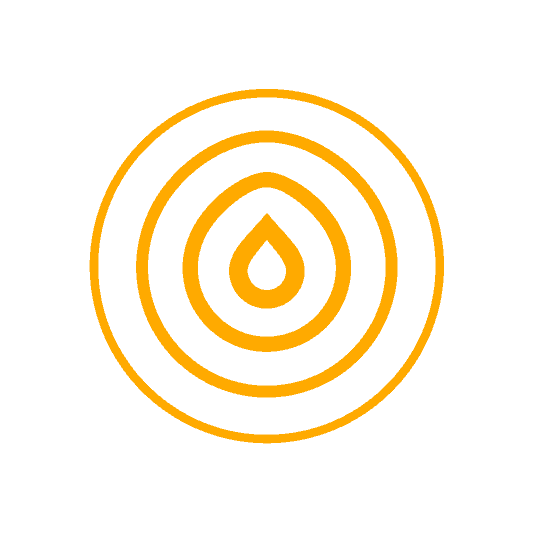
Many communities in the 'Global South' face pressing challenges like climate change, energy shortages, and growing food scarcity. At Safisana, we believe all these crises are interconnected and only a holistic approach can lead to better social, economic and environmental living conditions, and sustainable development. Our circular model not only addresses health challenges caused by poor sanitation and waste management, moreover it addresses climate challenges due to carbon and methane emissions by landfills. By offering waste recycling services to communities and industries, as well as locally produced green alternatives to fossil energy, and an environmentally friendly alternative to chemical fertilizer, we create the basic conditions to beat all crises at once. Generating positive impacts on people's health, the climate, the energy transition, and food security!
In this blog, we explain the scale and severity of the key challenges communities face and the Safisana Solution aims to solve.
The Climate Crisis
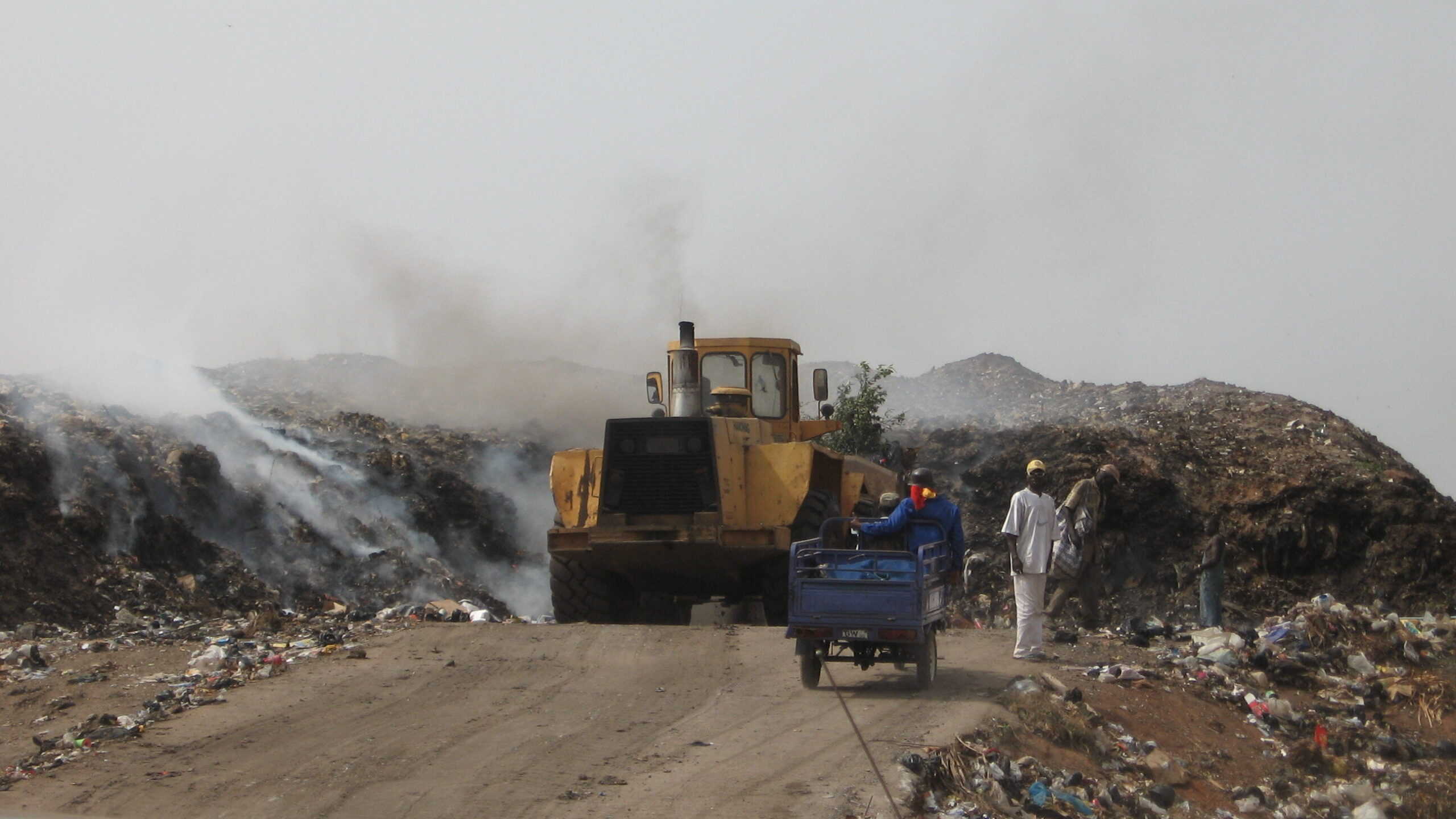
Landfills - sites used to dispose of waste, - are large emitters of greenhouse gases, satellite images showed in a recent study. It’s estimated that 16% of global methane emissions come from poorly managed waste, contributing heavily to climate change. Methane, a potent greenhouse gas, is 25 times more effective at tapping atmospheric heat than carbon dioxide. Waste that ends up in landfills emits greenhouse gases and contaminates soil and water sources, harming the environment even more.
By collecting organic and fecal waste from communities and local industries, Safisana prevents organic and fecal waste from ending up in landfills or in the natural environment. Instead of being released into the atmosphere, the carbon and methane gas produced during the decomposition process of organic and fecal waste is captured in our biodigester and reused to produce green electricity, which we feed to the national grid to power the community. This way carbon and methane emissions are avoided and reduced. Waste recycling is an effective tool for industries that have zero waste-to-landfill, and zero-carbon emissions targets as part of their ESG strategy.
The residual waste from the digester which is full of valuable nutrients including nitrogen, phosphorus and potassium, organic matter and natural minerals, is further processed into a carbon-neutral and premium organic fertilizer, enhancing environmentally friendly, circular and local food production systems. The use of locally produced organic fertilizer as opposed to imported chemical fertilizers also significantly contributes to the avoidance and reduction of carbon emissions.
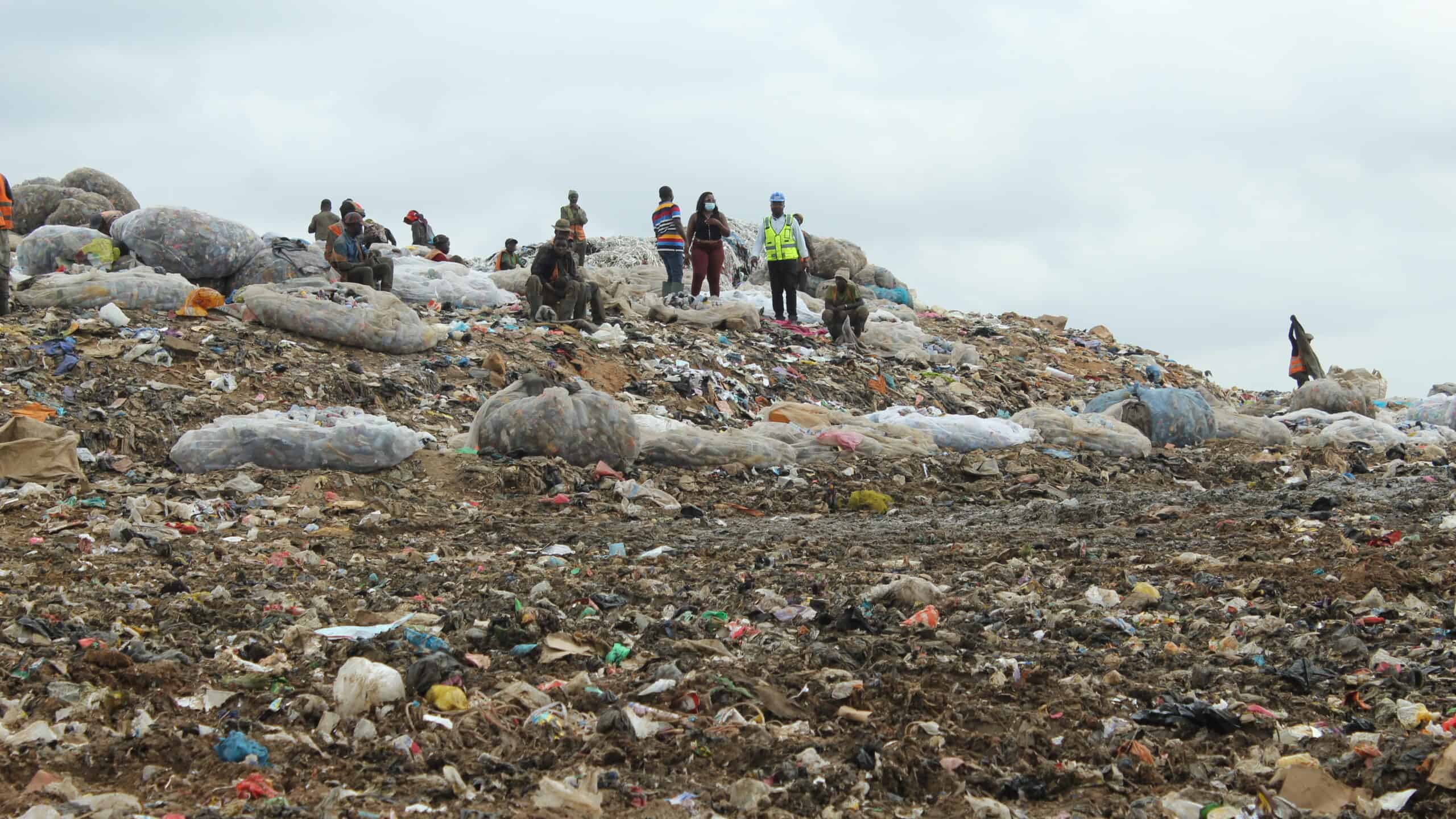
The Energy Crisis
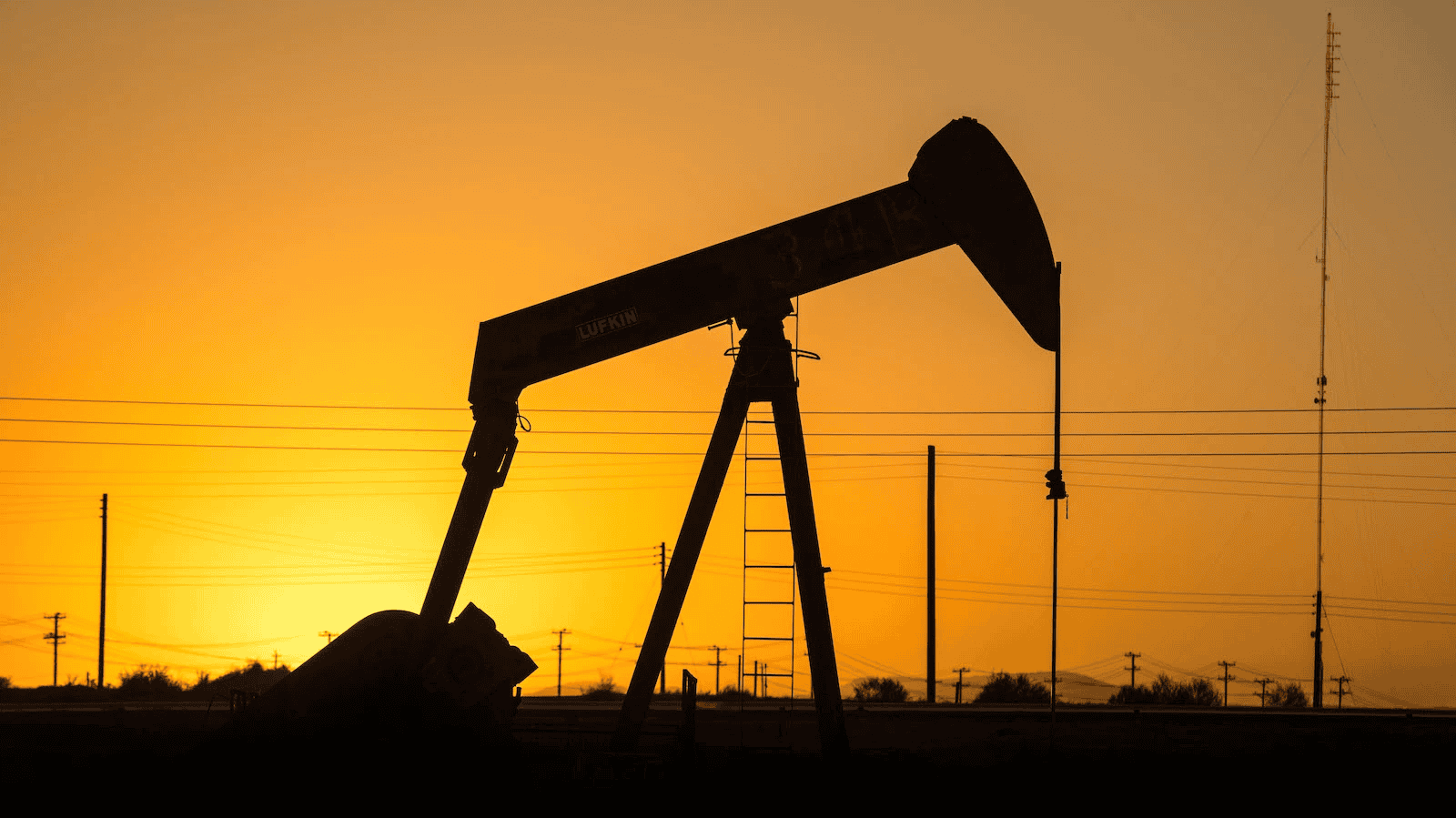
Energy shortages and price surges are especially affecting low- and middle-income countries with limited access to electricity. In Sub-Saharan Africa alone, 573 million people still live without electricity. Moreover, in low-income countries, the cost of electricity produced by fossil fuels matches that of wealthier nations, despite the economic disparity. Moreover, to meet the goals of the Paris Agreement and curb emissions, the global share of renewable energy must grow from today’s 30% to 60% by 2050.
By turning waste into energy, Safisana provides green electricity to the grid, which is a renewable and sustainable alternative to traditional power produced by burning fossil fuels. Next to producing green power, we are looking into bottling and supplying our Renewable Natural Gas to the industries we treat waste from, and that need to further reduce their carbon footprint by transitioning to renewable energy.
The Food Crisis
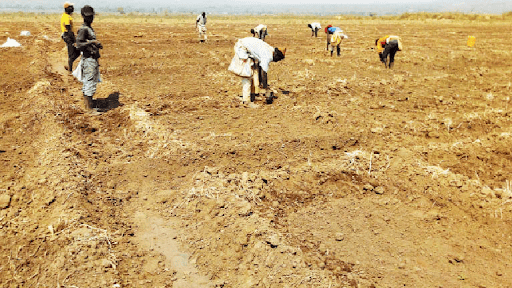
Global climate change effects such as droughts and floods are disrupting food production worldwide, while exponential population growth demands more and more mouths to be fed. As a result, these issues built up to looming food (in)security, especially in the Global South. Additionally, overproduction and excessive use of chemicals have resulted in land exhaustion, soil depletion, and nutrient scarcity. Currently, 40% of the world’s soils are moderately or severely degraded, whilst farmers are increasingly experiencing fertilizer shortages and soaring prices of agri inputs.
Affordable and locally produced premium organic fertilizers such as Safisana´s Asase Gyefo is essential to create resilient food production systems that ensure food security. As compared to chemical fertilizer, our organic fertilizer made from organic waste is rich both in NPK but also high in organic content, micronutrients and minerals. Essential ingredients that help farmers to improve soil fertility, allowing farmers to increase crop yields sustainably. At Safisana, we’re turning organic waste into a powerful resource. Premium organic fertilizer that results into 20% more crop yield.
The Health Crisis
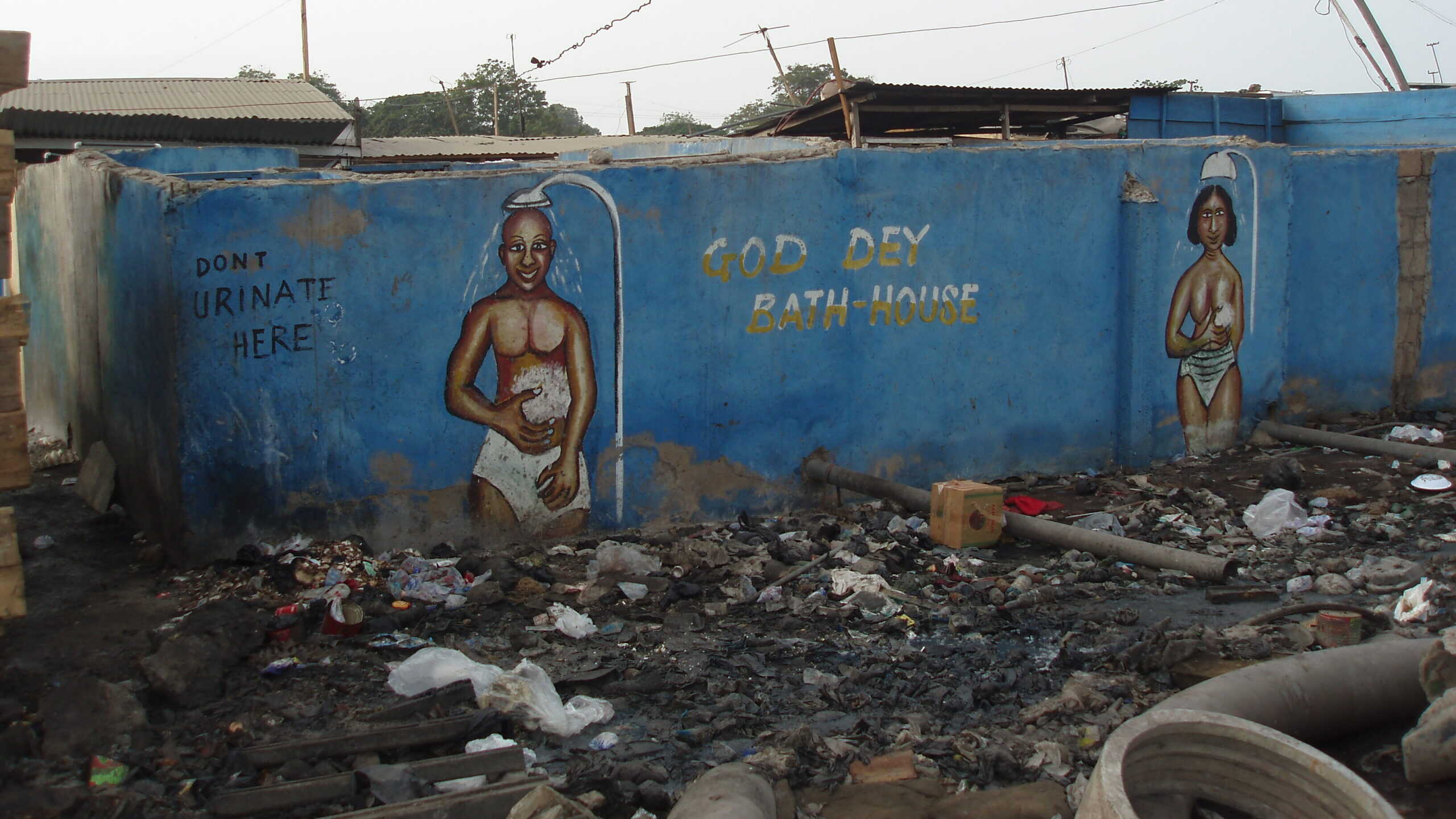
Poor sanitation and inadequate management are not just environmental issues, they affect the public health of communities too. In more detail, 95% of wastewater in developing countries is released back into ecosystems untreated. This percentage accounts for a large cause of deadly diseases. Moreover, 842,000 people worldwide die every year due to poor sanitation and hygiene (World Health Organisation). Dumped wastewater into rivers and oceans not only pollutes the environment, it also exposes humans to harmful bacteria, pests, and diseases.
The Safisana Solution imposes a waste management system in communities for both solid and liquid waste. By collecting and removing fecal waste and organic waste from households and markets, we provide cleaner and healthier living conditions for communities, reducing harmful exposure to waste and the spread of sanitation-related diseases. The Safisana model can be adopted in any non-sewered community to contribute to local growth, resilience and improved well-being.
